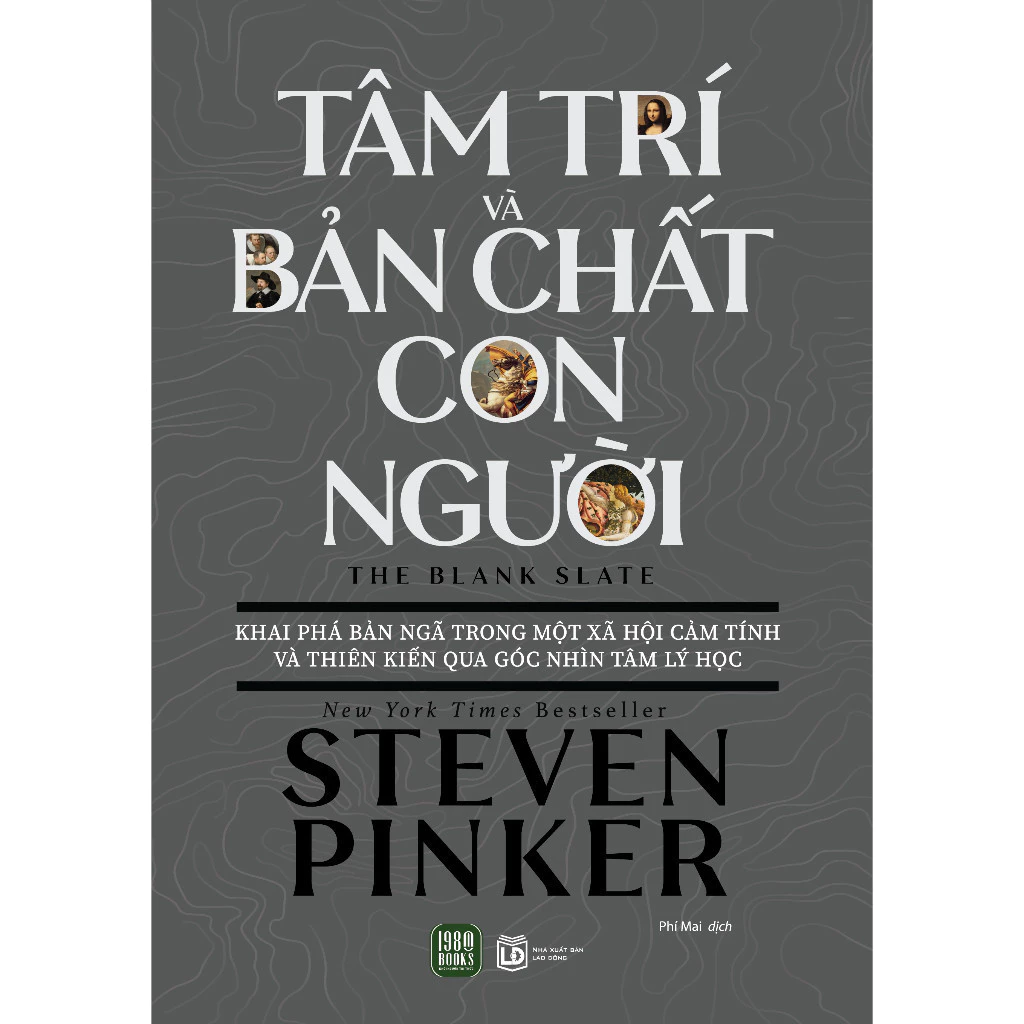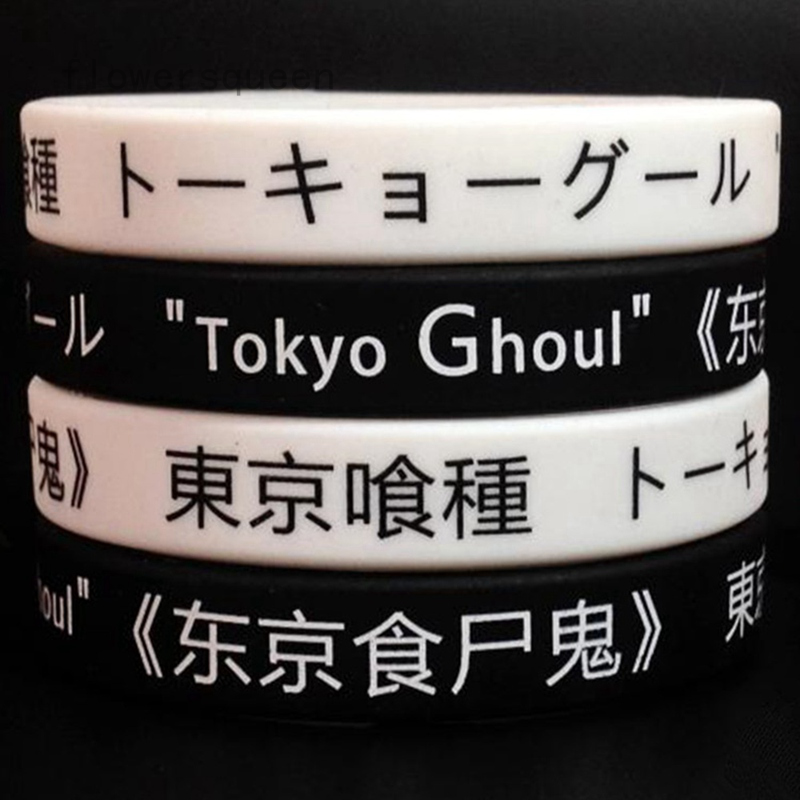Bi kịch
| Văn học | ||||
|---|---|---|---|---|
 | ||||
| Văn học dân gian | ||||
| Hình thức viết chính | ||||
| Thể loại văn xuôi | ||||
|
||||
| Thể loại Thơ | ||||
|
||||
| Thể loại Kịch | ||||
| Lịch sử và danh sách | ||||
| Bàn luận | ||||
| Chủ đề | ||||
|
| ||||
Bi kịch (trong tiếng Hy Lạp cổ: τραγῳδία, tragōidia, tiếng Anh: tragedy[a]) là một hình thức kịch dựa trên sự đau khổ của con người, khiến cho khán giả cảm thấy bị thu hút hoặc hứng thú khi xem.[2][3] Thể loại bi kịch thường được vận dụng vào các loại hình hư cấu khác như phim ảnh, tiểu thuyết, truyện tranh, v.v nhằm tạo cho người xem những mối đồng cảm với hoàn cảnh của nhân vật và đạt đến mức độ xúc động sâu sắc. Bi kịch có thể là yếu tố chủ đề của tác phẩm, hoặc ám chỉ đến tâm điểm chính là một kết thúc chứa đựng sự mất mát to lớn về nhiều mặt.
Xem thêm
[sửa | sửa mã nguồn]Ghi chú
[sửa | sửa mã nguồn]- ^ Tiếng Anh Trung Cổ tragedie < tiếng Anh Trung Cổ tragedie < Latin tragoedia < tiếng Hy Lạp cổ: τραγῳδία, tragōidia[1]
Tham khảo
[sửa | sửa mã nguồn]- ^ Klein, E (1967), “Tragedy”, A Comprehensive Etymological Dictionary of the English Language, II L–Z, Elsevier, tr. 1637
- ^ Banham 1998, tr. 1118.
- ^ Nietzsche 1999, tr. 21: ‘two-fold mood[…] the strange mixture and duality in the affects of the Dionysiac enthusiasts, that phenomenon whereby pain awakens pleasure while rejoicing wrings cries of agony from the breast. From highest joy there comes a cry of horror or a yearning lament at some irredeemable loss. In those Greek festivals there erupts what one might call a sentimental tendency in nature, as if it had cause to sigh over its dismemberment into individuals’.
Thư mục
[sửa | sửa mã nguồn]- Aristotle (1974), “Poetics”, trong Dukore (biên tập), Dramatic Theory and Criticism: Greeks to Grotowski, Butcher SH, trans, tr. 31–55.
- ——— (1987), Poetics with Tractatus Coislinianus, Reconstruction of Poetics II and the Fragments of the On Poets, Janko, Richard trans, Cambridge: Hackett, ISBN 0-87220-033-7.
- Banham, Martin biên tập (1998), The Cambridge Guide to Theatre, Cambridge: Cambridge UP, ISBN 0-521-43437-8.
- Barker, Howard. 1989. Arguments for a Theatre. 3rd ed. London: John Calder, 1997. ISBN 0-7190-5249-1.
- Benjamin, Walter (1998) [1928], The Origin of German Tragic Drama, Osborne, John trans, London and New York: Verso, ISBN 1-85984-899-0.
- Bradley, AC (2007) [1909], Oxford Lectures on Poetry , Atlantic, ISBN 81-7156-379-1.
- Brockett, Oscar Gross; Hildy, Franklin Joseph (2003), History of the theatre (ấn bản thứ 9), Allyn & Bacon, ISBN 978-0-205-35878-6.
- Carlson, Marvin (1993), Theories of the Theatre: A Historical and Critical Survey from the Greeks to the Present , Ithaca and London: Cornell UP, ISBN 0-8014-8154-6.
- Deleuze, Gilles; Guattari, Félix (2004), Robert Hurley, Mark Seem and Helen R Lane trans, “Anti-Oedipus”, Continuum, New Accents, London and New York: Methuen, 1, ISBN 0-416-72060-9.
- Dukore biên tập (1974), Dramatic Theory and Criticism: Greeks to Grotowski.
- Felski, Rita biên tập (2008), Rethinking Tragedy, Baltimore: Johns Hopkins UP, ISBN 0-8018-8740-2.
- Headington, Christopher; Westbrook, Roy; Barfoot, Terry (1991), Opera: a History, Arrow, tr. 22.
- Hegel, GWF (1927), “Vorlesungen uber die Asthetik”, trong Glockner, Hermann (biên tập), Samlichte Werke, 14, Stuttgart: Fromann.
- Ley, Graham (2007), A Short Introduction to the Ancient Greek Theater , University of Chicago Press, ISBN 978-0-226-47761-9.
- Miller, Arthur (ngày 27 tháng 2 năm 1949), “Tragedy and the Common Man”, The New York Times (Dukore 1974, tr. 894–7).
- Pfister, Manfred (1988) [1977], The Theory and Analysis of Drama, European Studies in English Literature, Halliday, John trans, Cambridge: Cambridge UP, ISBN 0-521-42383-X.
- Sorkin, Nancy (2008), Greek Tragedy, Introductions to the Classical World, Malden, MA: Blackwell, ISBN 1-4051-2161-0.
- Geuss, Raymond; Speirs, Ronald biên tập (1999) [1872], The Birth of Tragedy and Other Writings, Cambridge Texts in the History of Philosophy, Speirs, Ronald trans, Cambridge: Cambridge UP, ISBN 0-521-63987-5.
- Rehm, Rush (1992), Greek Tragic Theatre, Theatre Production Studies, London and New York: Routledge, ISBN 0-415-11894-8.
- Schlegel, August Wilhelm (1809), Lectures on Dramatic Art and Literature, Gutenberg.
- Taxidou, Olga (2004), Tragedy, Modernity and Mourning, Edinburgh: Edinburgh UP, ISBN 0-7486-1987-9.
- Williams, Raymond (1966), Modern Tragedy, London: Chatto & Windus, ISBN 0-7011-1260-3.
Liên kết ngoài
[sửa | sửa mã nguồn]- Tragedy trên chương trình In Our Time của BBC. (Nghe tại đây)
- Taplin, Oliver; Billings, Joshua, What is Tragedy? (podcast), UK: Oxford University, Bản gốc lưu trữ ngày 9 tháng 8 năm 2020, truy cập ngày 31 tháng 7 năm 2014.
- Aristotle, Poetics , Tufts.
- Lucas, FL (1954), Greek Drama for Everyman, London: JM Dent & Sons
Chúng tôi bán
 GIẢM
15%
GIẢM
15%
203.150 ₫
239.000 ₫
 GIẢM
41%
GIẢM
41%
8.900 ₫
15.000 ₫
 GIẢM
60%
GIẢM
60%
11.600 ₫
29.000 ₫
 GIẢM
48%
GIẢM
48%
12.000 ₫
23.000 ₫
 GIẢM
16%
GIẢM
16%
169.000 ₫
202.000 ₫




